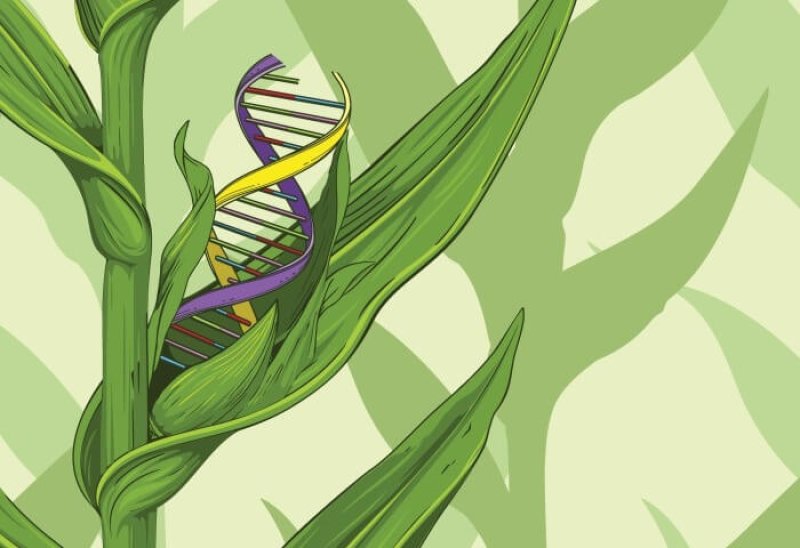Scientific advances in biotechnology, such as genome editing and synthetic biology, hold enormous potential to improve human and animal health, animal welfare, and food security. And researchers and companies based in the United States helped pioneer these technologies. They position the U.S. as a global leader of this rapidly growing and highly promising field.
To advance this progress, it’s key that the FDA adopt a regulatory approach to these technologies that’s as innovative and nimble as the opportunities that we’re tasked with evaluating.
FDA is committed to helping ensure the safety of biotechnology products, while also facilitating innovation by applying a risk-based regulatory approach that provides developers with regulatory clarity and predictability and maintains public confidence in our regulatory system.
And we’re taking some new steps to advance these goals. We know that products enabled by new techniques of biotechnology have the potential to significantly enhance public health.
…
Similar and equally beneficial applications of genome editing are currently being explored in food crops. These include our ability to develop disease-resistant plants and plants with increased resistance to environmental stress. Such advances can have many advantages to consumers, including better yields, more product variety, and healthier nutrient profiles.
Editor’s note: Scott Gottlieb, M.D., is Commissioner of the FDA and Anna Abram is Deputy Commissioner for Policy, Planning, Legislation and Analysis
Read full, original post: FDA’s New Efforts to Advance Biotechnology Innovation































